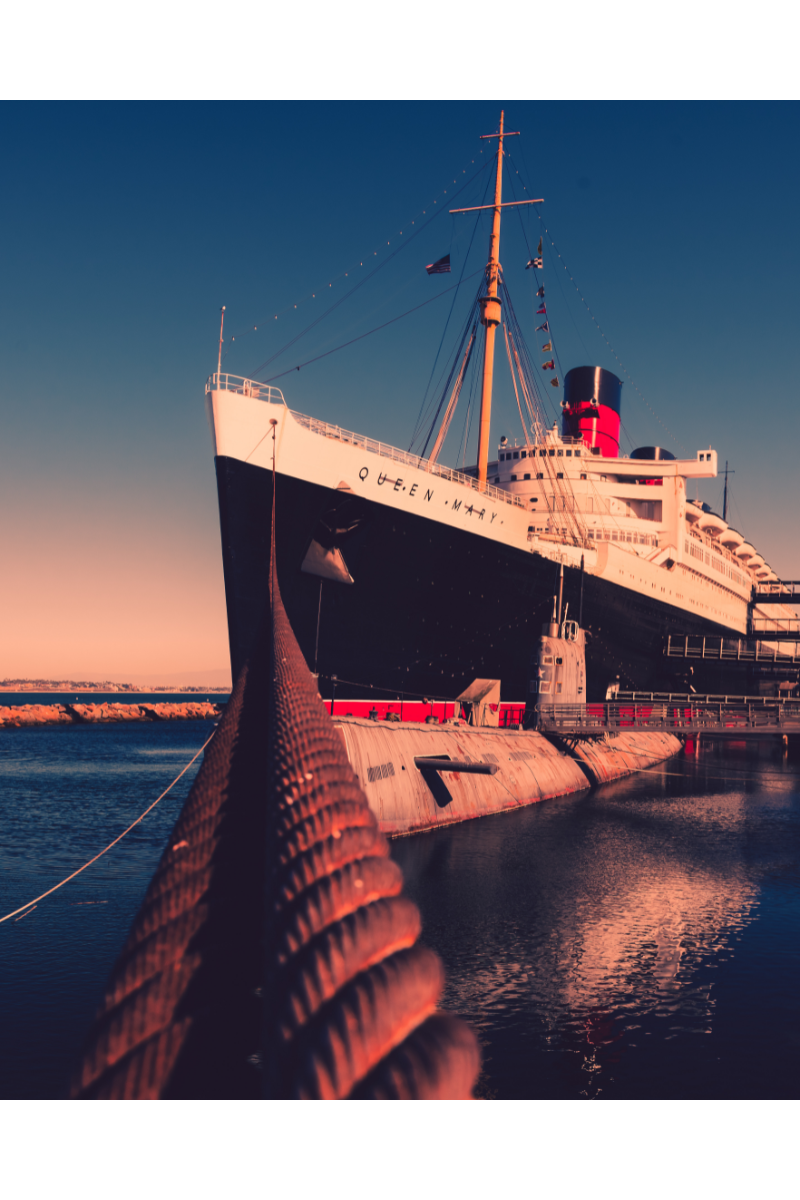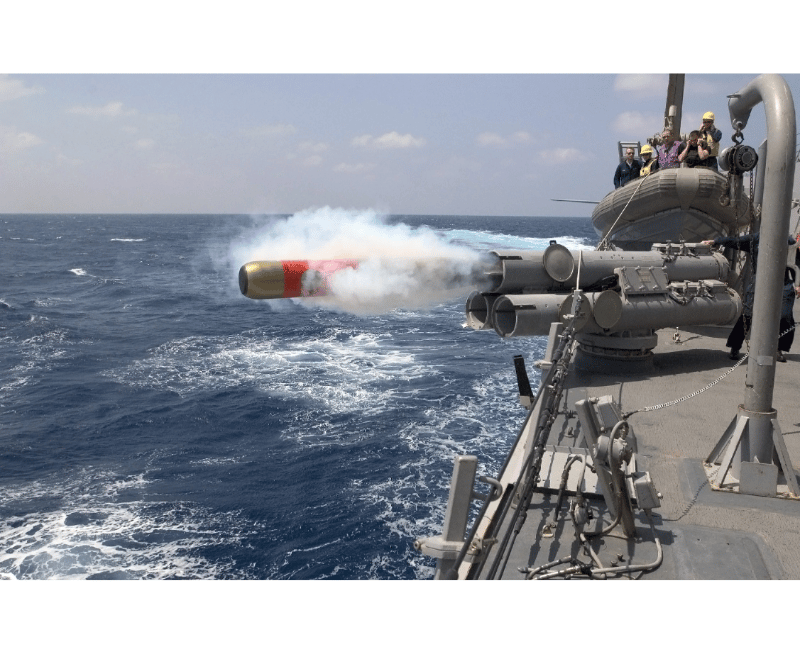Global Sea Business at Risk: Houthi Rebellion and World Peace
Delving into the escalating maritime unrest, this opinion piece sheds light on the Houthi rebels' disruptive actions in the Red Sea, posing a significant threat to both global sea business and world peace. With over 100 recorded drone and missile strikes, the article explores the establishment of a multinational naval task force by the United States and emphasizes the urgent need for international collaboration. As major shipping companies alter their routes, the unfolding situation prompts critical reflections on the broader implications for global trade and stability.
Crisis Mitigation Bureau
12/27/20234 min read


In the vast expanse of the world's oceans, a new and ominous chapter is unfolding –
a rebellion of the seas that threatens not only global sea business but also world peace itself.
The Houthi rebels, an Iran-backed group from Yemen, have embarked on a campaign of destruction, launching drone and missile attacks on merchant vessels transiting the Red Sea. As the waves of conflict ripple across international waters, the consequences are far-reaching, potentially reshaping the dynamics of global trade and challenging the delicate fabric of global peace.
The Pentagon's revelation that the Houthi rebels have executed over 100 drone and missile strikes targeting vessels from more than 35 diverse nations is a stark reminder of the vulnerability of the seas to geopolitical unrest. These attacks, aimed at a crucial transit route responsible for up to 12 percent of worldwide trade, are not just an assault on individual ships but an insult to the interconnected web of global commerce that relies on the free movement of goods across the oceans.
In response to this maritime turmoil, the United States, recognizing the gravity of the situation, has established a multinational naval task force to safeguard shipping in the Red Sea. The very fact that such a task force is deemed necessary underscores the severity of the threat posed by the Houthi rebellion. It reflects a collective recognition that the seas, once seen as conduits of prosperity and unity, are now arenas of potential conflict and disruption.
The attacks are not confined to the open waters alone. The Houthi rebels have extended their assault to the shores of Israel, launching a series of assaults that, though falling short of hitting their intended targets, create a broader atmosphere of instability. The impact of these attacks reverberates beyond the immediate danger to individual vessels – it sends shockwaves through the global economy, prompting major shipping companies like Mediterranean Shipping Company, Maersk, Hapag-Lloyd, and BP to divert their vessels away from the Red Sea, disrupting established trade routes.
Context:
Houthi rebels are conducting attacks on ships in the Red Sea, targeting both commercial and military vessels. The attacks began in solidarity with Gaza during the Israel-Hamas war. The rebels claim to be aiming at Israel and Israeli-linked ships to protest the offensive in the Gaza Strip. The attacks involve the use of drones and ballistic missiles. The Houthi rebels seized an Israeli cargo ship in November and have since targeted several commercial vessels. The most recent incidents include targeting the MV Chem Pluto, a chemical/oil tanker, and the MV Sai Baba, a commercial oil tanker. The attacks started on October 7 and continue as part of the ongoing conflict.
Global Response: Coalition Counters Houthi Strikes on Red Sea Shipping
Amid rising tensions in the Red Sea, the US military successfully thwarted a series of Houthi rebel missile attacks on shipping lanes. The Pentagon reported the interception of over 12 drones, three anti-ship ballistic missiles, and two land-attack missiles. No damage to ships or injuries was reported. In response, the US initiated an international naval operation, with countries like the UK, Canada, France, Bahrain, Norway, and Spain collaborating to safeguard vital shipping routes.
The Houthi Rebels: Background and Global Connections:
The Houthi rebels, an armed group from Yemen's Shia Muslim minority, emerged in the 1990s, initially formed to combat perceived corruption within the Yemeni government. The group, named after its founder Hussein al Houthi, resisted President Saleh's attempts to eliminate them in 2003, backed by Saudi Arabia's military.
Since 2014, the Houthi rebels have been engaged in a civil war against Yemen's government, with a coalition led by Saudi Arabia and the UAE supporting the government. The conflict has resulted in an estimated 377,000 deaths and displaced four million people by 2022.
But why are the Houthi rebels attacking ships in the Red Sea? Their motivations lie in the complex tapestry of regional conflicts. The rebels, backed by Iran and declaring themselves part of the Iranian-led "axis of resistance" against Israel, the U.S., and the wider West, have seized the opportunity presented by the Israel-Hamas war to launch a campaign against vessels transiting the Red Sea. In doing so, they aim to pressure the international community to intervene and bring about an end to the conflict in the Gaza Strip.
The Houthi rebels' actions have far-reaching implications not only for the immediate region but for the entire world. The attacks on vital sea routes, the disruption of global trade, and the potential escalation of tensions demand a collective response from the international community. Countries like the United Kingdom, Canada, France, Bahrain, Norway, and Spain have joined the U.S. to protect Red Sea shipping, highlighting the need for a united front against maritime threats.
As the seas become a battleground, diplomatic channels must remain open. The recent conversation between Indian Prime Minister Narendra Modi and Saudi Arabia's Crown Prince Mohammed bin Salman, emphasizing the need for peace, security, and stability in the region, is a step in the right direction. The world must unite to address the root causes of this rebellion and work towards a peaceful resolution that preserves the sanctity of the seas as a common global resource.
In conclusion, the rebellion of the seas orchestrated by the Houthi rebels poses a severe challenge to the stability of global sea business and world peace. The international community must respond with a combination of diplomatic efforts, a strengthened naval presence, and a commitment to upholding the principles of free and secure navigation on the high seas. The outcome of this struggle will not only shape the future of maritime security but will also determine whether the world can overcome yet another threat to the delicate equilibrium of international relations.
(With AI Input)


Contacts
enquiry@economicnations.org
(xx) 98-11-937-xxx (On verification)
